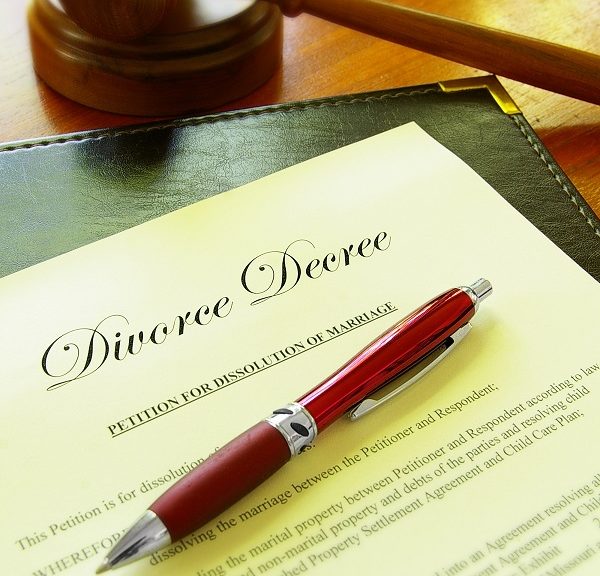California’s legal options for divorce extend to domestic partnerships registered in California as well as in other states. Termination of a domestic partnership in California is similar to the termination of a marriage with a few differences.
In order to terminate a marriage, California generally requires that a couple have resided in the state for at least 6 months prior to filing for divorce and at least three months in the county in which the divorce is filed. In the case of a domestic partnership that was not registered in California, these same residency requirements apply.
If the domestic partnership was registered in California, there are no residency requirements for dissolution of the partnership. This includes domestic partnerships that were registered in California where the parties no longer live in California or have never lived in California. By registering the domestic partnership in California, the parties have consented to California jurisdiction and no further residency is required. Note, however, that if neither party lives in California, the judge may have issues with ruling on matters such as partner support, debt and property, and child support. This is just one of the reasons why it is important to discuss your case with a lawyer with extensive experience with domestic partnership laws.
If the domestic partnership has been registered for less than 5 years, it may qualify for a “summary dissolution.” In order to qualify for a “summary dissolution” the following requirements apply:
• Both parties are in agreement to terminate the domestic partnership.
• The domestic partnership has been registered for less than 5 years.
• No children were born or adopted during the domestic partnership and no party is currently pregnant.
• Neither party own any part of land or buildings.
• Neither party rents any land or buildings (other than a current residence so long as it is less than a 1-year lease and there is no option to buy).
• The partners have not acquired more than $6,000 in debts since the date of registration of the domestic partnership (not including car loans).
• The total amount of property acquired during the domestic partnership is less than $41,000 (not including cars).
• Neither party has separate property worth more than $41,000 (not including cars).
• No partner is requesting support from the other.
• Both parties have signed an agreement dividing all of their debts and property or they attest that they have no debts or property together.
It is important to discuss the pros and cons of filing for dissolution of a domestic partnership with an experienced family law attorney. As termination of domestic partnerships in California presents unique issues, it is vital to seek the counsel of lawyers with extensive knowledge of California domestic partnership laws. Call the attorneys at the Law Offices of Judy L. Burger to find out how they can help you with your domestic partnership questions or other family law issues: (415) 293-8314.





